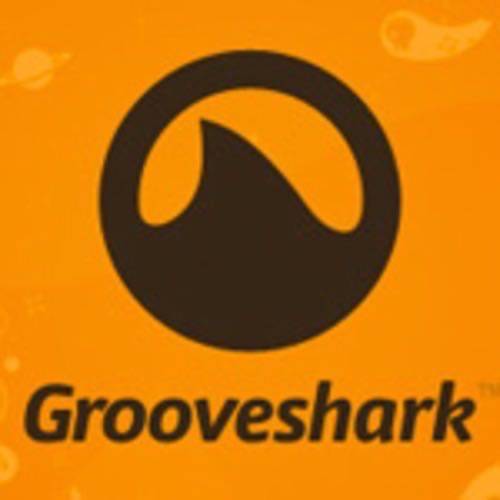Things are not looking good for Grooveshark. The controversial music streaming site has been banned from the major mobile app stores and is in the process of being sued by Universal Music Group for copyright infringement. Yes, that’s the same UMG that apparently thinks its right to remove content from the Internet goes beyond what it actually owns.

But this week, the label was joined by a few of its industry allies in its fight against Grooveshark. Sony and Warner Music Group are piling on and joining the lawsuit against the service. Since UMG’s lawsuit was filed, leaked emails and blog comments from purported Grooveshark employees have shined new light on the extent of the alleged infringement.
Whether or not Grooveshark is hosting unauthorized music is not in dispute. The startup argues that any songs it streams without the rights to do so were uploaded by users and thus the site is protected under the “safe harbor” provision of the Digital Millenium Copyright Act (DMCA). Leaked internal information suggests Grooveshark employees may have uploaded the material and that they were well aware of their freedom to respond slowly to DCMA takedown requests.
As damning as some of the alleged leaks sound, the case is not necessarily a slam dunk against Grooveshark. The company is taking a position not unlike the one used by Google when it successfully defended YouTube from a $1 billion lawsuit filed by Viacom.
The case also bears a slight resemblance to the situation Napster was in a decade ago. When an upstart music service with a legally-questionable method of sharing copyrighted material suddenly finds itself in the crosshairs of the entire major music industry, it could be a matter of time before a judge shuts it down and its owners sell it for parts.
If Grooveshark’s executives deliberately tried to build a business on copyrighted material and then use its popularity as leverage during licensing negotiations (as some have claimed), they clearly didn’t foresee the rise of legal streaming services like Spotify, Rdio and MOG. Should Grooveshark disappear, any one of those services would offer a good enough alternative, albeit without some of the rare, unauthorized tracks that have found their way onto Grooveshark.

















